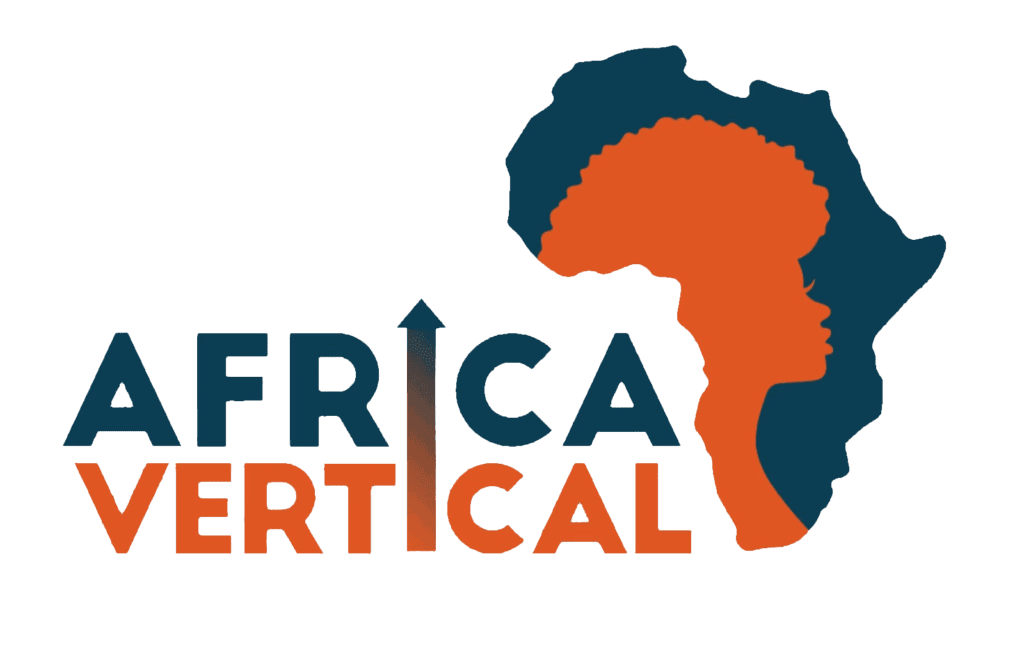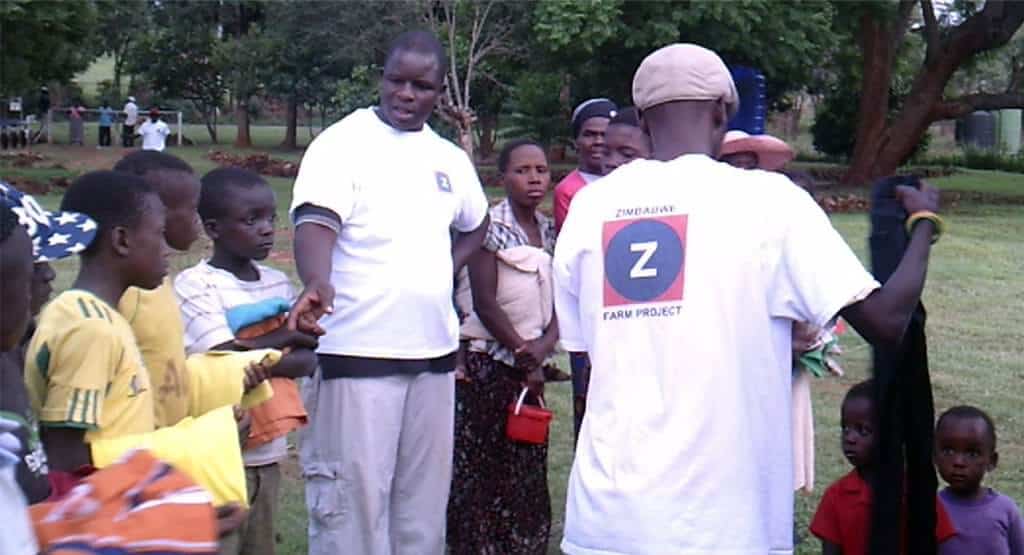Farm Management (2016 – 2018)
Since the project’s inception at the end of 2016, quarterly oversight trips from the U.S. to Zimbabwe have been taken to ensure that the ZimFarm Project’s program goals were being met in compliance with the food aid mission. Day-to-day oversight is handled in-country and provides employment and empowerment opportunities to women living in the community. These included the previous agriculture manager, Mr. Maxwell Tauro, who was responsible for all aspects of planting, cultivating, and producing our successive successful harvests of maize, potatoes, sugar beans, and carrots.
Mr. Tauro worked closely with the farm manager who was responsible for securing quotes for products and services for approval or disapproval. He also maintained records of all expenditures which are routinely forwarded to our in-country lawyer.
Final decisions on every aspect of project management which would require disbursements of funds that have been accrued through self-capitalization and the sale of the remaining portion of crops which have not been donated are used in furtherance of the project objectives such as clean water, sanitation, housing, the expansion of sustainable farming techniques on which the local community will be trained. Additionally, the launch of solar energy as a renewable energy source to power various initiatives is planned.
Mr. Talkmore Maunga was the project’s groundskeeper who was responsible for the grounds and fruit trees. His responsibilities also included preventive maintenance and safety in accordance with project policy and standards. All of the aforementioned individuals are provided the necessary safeguards to ensure that the project was secured and that tasks, which significantly relate employment of women who harvested the crops to address food insecurity in the community are completed on budget.
Teamwork and management are crucial to the management and distribution of salaries and payments to itinerant farmworkers is transacted using U.S. dollars, to indemnify the project from the potential negative impact that may arise from currency fluctuations, and ensure that all donations are used in the full measure without devaluation.





